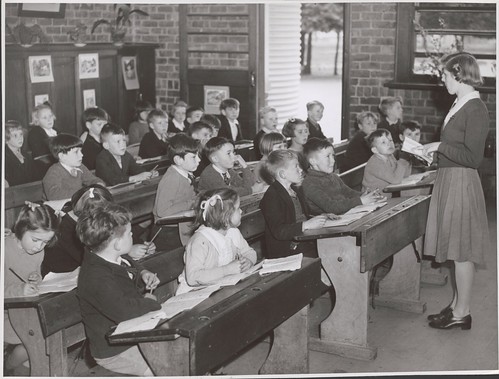From the ages of pre-birth to three years old, a major part of the child’s emotional capacity is developed. Meaning that it is vital, from before the child is born to the day it turns three years old, that you maintain a positive attitude and positive behaviours when around the child. If this is not achieved then it can have a detrimental affect on the child’s mental wellbeing, which is almost impossible to reverse.
If a child is growing up in a violent household, experiencing violence, anger, insecurity and a constant unease, these acts and behaviours can rub off on them and allow them to think that such behaviours are normal and expected for every situation that they come across. This is frustrating for education professionals, from nursery, all the way through school.
The reason for the frustration is that these three years are vital and after which, virtually irreversible. That is why children, despite being objectified to a loving, caring environment that promotes healthy behaviours when they start school or nursery, they will still act out/behave badly/have a bad attitude towards the adults, children and school environment. The trauma that they have faced and witnessed growing up through their baby and toddler years have made an irreversible effect on their emotional and social wellbeing.
I know this from personal experience when working at Camp Starfish (see earlier post). I had a camper, aged 10, who had suffered form severe abuse and neglect as an infant, and even though he was taken away from the violent household at three years of age and adopted into a loving, caring family, he was still under the impression that everyone and everything was a threat. It was extremely vital, throughout his fortnight stay, that even though he would be acting out and being extremely violent to the staff members, that we kept a positive mindset towards his behaviours and try and understand WHY he was feeling the way he was. This child was, intact, the child that stabbed me during an art lesson out of pure frustration because I would not allow him to do the activity that he wanted to do. In the face of this major behaviour, I was still smiling and calmly talking to him in order to calm him down and prevent him from putting himself or anyone else in further danger. It was my unwillingness to give up on his behaviour and him that allowed him to calm down and regain a more realistic mindset; I was there to help and protect him, not hurt him.
The key is, that no matter how horrific or dangerously the child is behaving, never give up on them because it is that that they notice and react to, hopefully in a positive manner.


